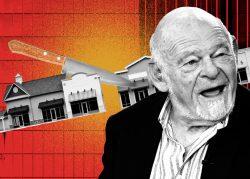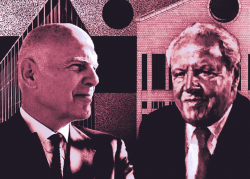As bosses call employees back to the office, two years into the world’s largest experiment in at-home work, two thirds of the 50 million Americans who were affected would rather not return.
They cited sweatpants, time with kids and pets, more hours to read and run and space to hide the angst of a crummy day or year, according to the New York Times, which fielded responses from more than 700 readers and interviewed more than a dozen workers. The top reason: workplace culture.
People of color said colleagues wouldn’t stop asking them how to work the copy machine, the Times reported. Introverts never wanted to chat about fantasy football leagues. Caretakers rushed out for school pickups and felt they were failing to meet unspoken professional expectations and just barely attending to their families’ needs.
“The only thing holding back flexible work arrangements was a failure of imagination,” said Joan Williams, director of the Center for WorkLife Law at the University of California, Hastings. “That failure was remedied in three weeks’ time in March 2020.”
Before the pandemic, about 4 percent of employed people in the U.S. worked exclusively from home. By May 2020, that figure rose to 43 percent, according to Gallup.
While most Americans still worked in person during the past two years, the shift was stark among white-collar workers. Before Covid. 6 percent worked from home. By May 2020, the figure rose to 65 percent.
These days office occupancy stands at just under 40 percent, according to data from the security firm Kastle. Goldman Sachs, JPMorgan Chase, American Express, Meta, Microsoft, Ford Motor and Citigroup are among those bringing back workers.
A survey by the jobs platform FlexJobs found that two thirds of remote workers were reluctant to go back to the office. The biggest advantages to staying home: No commute and saving money.
Two national surveys also found that, since the onset of the pandemic, fewer employees say that working long hours or being available after business hours is important to be successful, according to Youngjoo Cha, a sociologist at Indiana University.
“We had a nationwide experiment in telecommuting,” Cha said. “These conditions challenged the notion of ideal workers.”
[New York Times] – Dana Bartholomew
Read more


